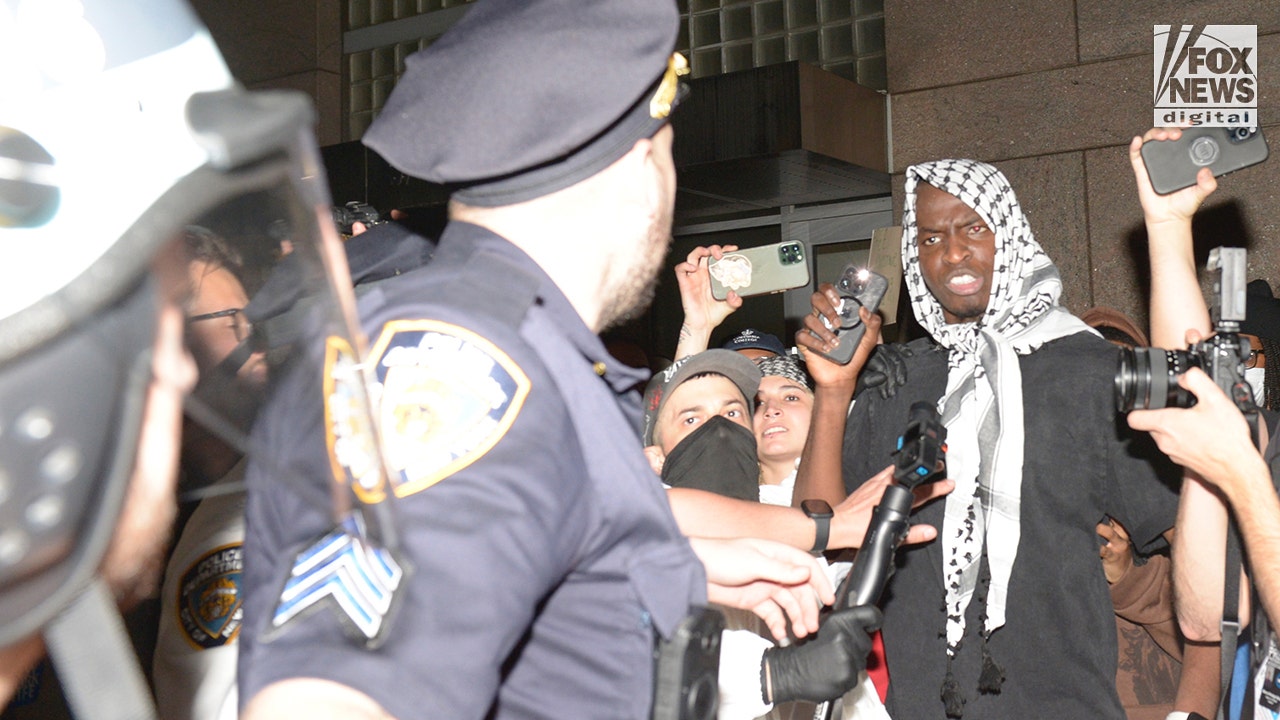Columbia faculty rights group condemns university’s handling of library takeover

Columbia University’s faculty rights group, the American Association of University Professors (AAUP), has strongly criticized the administration’s handling of an anti-Israel protest that took place at the campus library. The protest, which resulted in dozens of arrests, saw anti-Israel activists storming Butler Library, disrupting students studying for finals and causing damage to the facility.
In a letter from the executive committee of the AAUP at Columbia, the group condemned the decision made by acting president Claire Shipman to call the NYPD for assistance during the protest. The group expressed concerns about the erosion of shared governance at the university and accused the administration of granting enhanced powers to public security in response to pressure from the Trump administration.
The protest, which saw 80 arrests with approximately 50 confirmed to be Columbia students, led to two campus police officers being injured. The AAUP’s letter focused on the university’s response to the incident, describing it as “tragic” and highlighting what they perceive as a move towards executive rule.
Prior to the protest, Shipman had announced plans to review and reform the University Senate, a governing body at Columbia, in response to negotiations with the federal government over a cut in funding. In March, Columbia lost over $400 million in federal grants due to the administration’s failure to address antisemitism on campus.
The AAUP called on Shipman to reconsider the timing and nature of the review, stating that it undermines shared governance and replaces it with top-down corporate management. The group presented six recommendations aimed at addressing the current crisis and preserving the university’s decision-making structures.
The AAUP has been critical of Columbia’s disciplinary actions against students involved in anti-Israel protests and has called for enhanced mediation and de-escalation protocols during campus disturbances. The group’s recommendations emphasize the importance of maintaining academic freedom, shared governance, and student protest on campus.
In conclusion, the AAUP’s response to the anti-Israel protest at Columbia University highlights the ongoing tensions between the administration and faculty members over issues of governance, academic freedom, and student activism. The group’s letter serves as a reminder of the importance of upholding democratic principles in higher education institutions and ensuring that all voices are heard and respected.




